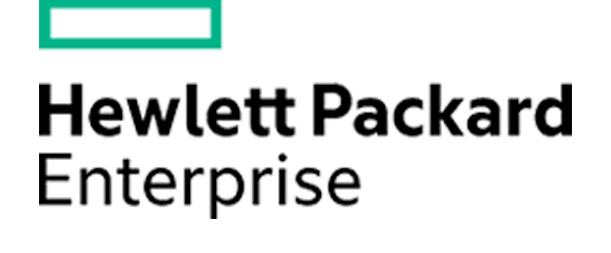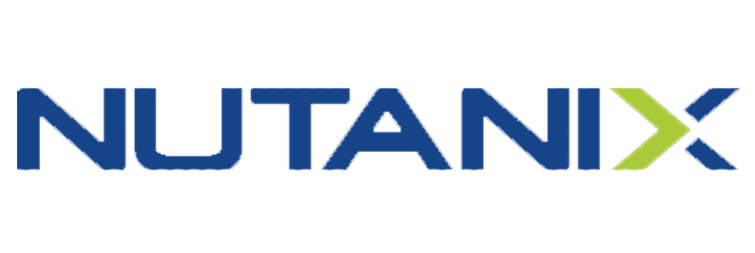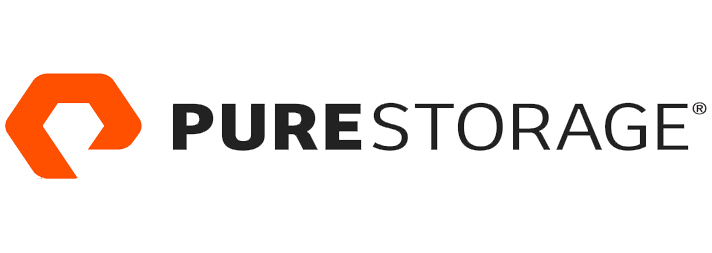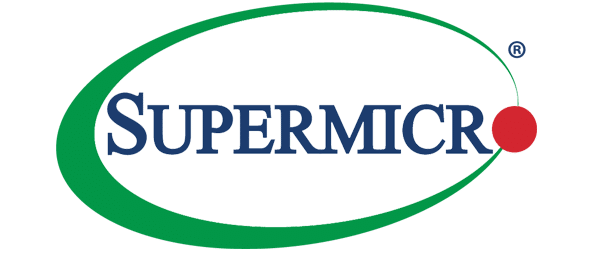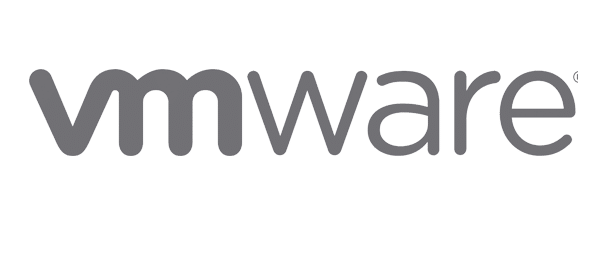HPE Nimble Storage Versus Dell EMC PowerStore
Effective data storage can provide a competitive edge in a fast-paced digital environment. Today, multiple options are available for enterprise storage solutions but within this opportunity lies a significant challenge: choosing the right solution for your enterprise.
Currently, two main options stand out: HPE Nimble Storage (which has achieved an impressive track record over the course of the past decade) and newcomer Dell EMC PowerStore. While Dell’s solution promises to provide a viable alternative to the reliable HPE storage system, Nimble storage has a proven history of innovation and reliability.
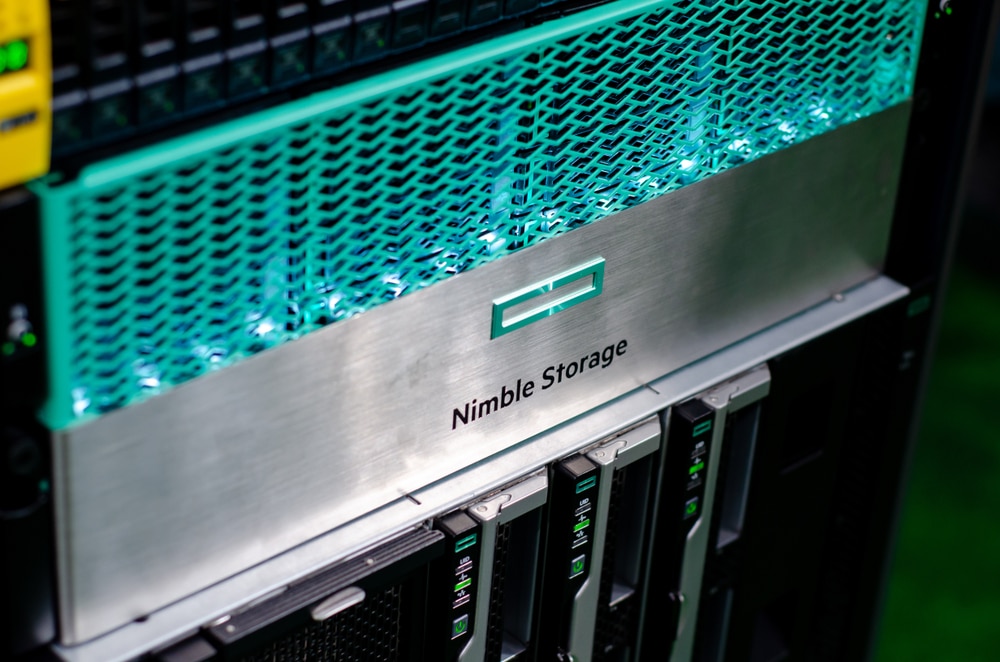
HPE Nimble and Dell EMC PowerStore Go Head-to-Head
Either one of these mid-range storage solutions can provide exceptional capacity, performance, and integration. Other commonalities include:
- Deduplication and inline compression to boost data efficiency
- Support for physical hosts
- Scale-out and scale-up expansion
- VMware ecosystem integration opportunities
With so many shared qualities between HPE Nimble Storage and Dell EMC PowerStore, selection ultimately comes down to specific features. These criteria should be examined thoroughly prior to making a decision. The main differences worth noting are highlighted in detail below:
Data Protection in—and Beyond—the Array
Data protection should be a key consideration when selecting data center storage solutions. The risk of data loss is always present and, if realized, can be catastrophic. With the ever-increasing rise in phishing, ransomware and cybersecurity threats in general, your flash storage array should provide built-in data protection you can rely on.
In the event of drive failure, HPE Nimble Storage can prevent both data loss and service disruptions. Dell EMC PowerStore runs on a single-parity protection scheme, which provides a much lower level of protection. It is possible that errors can occur during data rebuilds and create a situation where data is unrecoverable.
Beyond the array, HPE Nimble Storage delivers further protection via space-efficient snapshots, as well as asynchronous, near-synchronous, or synchronous replication.
Weighing Proactive Support
While both HPE Nimble Storage and Dell EMC PowerStore provide basic array level support, HPE’s system goes above and beyond with built-in predictive analytics from HPE Infosight. This proactive approach reimagines the support process to address infrastructure across the entire stack of storage, servers and networking, using AI to automatically pinpoint problems and resolve issues before they cause larger problems.
What’s more, HPE gives administers direct access to advanced Level 3 support. Infosight reduces the amount of time spent on troubleshooting issues that are already known, automatically fixing them. No more Level 1 and 2 escalations, HPE connects you to Level 3, from the start. Meanwhile, Dell relies on a traditional support process complete with Level 1 and Level 2 service.
The Best Option for Self-Managing Solutions
Intelligent storage is increasingly a priority, and it’s one area where HPE Nimble Storage rises above the competition.
With Dell EMC PowerStore, initial volume placements are automated according to factors such as drive wear and capacity. This system also offers CloudIQ — a cloud-based application that uses predictive analytics to handle capacity forecasting and array health.
HPE InfoSight for HPE Nimble Storage delivers comprehensive solutions with an advanced cloud-based AI platform. Infosight’s cross-stack analytics promote visibility at the VM level. What’s more, Infosight is capable of blacklisting any upgrades that are potentially problematic, specific to your data center environment. Similarly, upgrades believed to be safe for your environment can be whitelisted under and easily implemented under the Infosight platform.
Hyperconverged Infrastructure Capabilities
Dell EMC PowerStore provides hybrid cloud capabilities, but these rely on extra Dell EMC and VMware tech. This can prompt significant limitations, such as the inability to participate in VCF workload domain clusters.
On the other hand, HPE Nimble Storage can be combined with HPE Cloud Volumes to provide a broader range of hybrid cloud opportunities. HPE can also deliver Nimble as a Service via HPE GreenLake, offering a pay-as-you-go model of storage consumption.
Both HPE Nimble Storage and Dell EMC PowerStore offer numerous advantages worth considering when selecting a mid-range data storage solution. Prior to settling on one of these approaches, it’s important to take a close look at priorities regarding integration, security, and support. Basic cost considerations may also come into play but should not be the driving factor when making this crucial decision.
In short: with HPE Nimble Storage as a Service, sophisticated analytics and proactive support can be expected, as well as exceptional hybrid cloud capabilities offered through the HPE Cloud Volumes service. Dell EMC PowerStore offers a solution that, while compelling to many enterprises, may lead to trade-offs regarding capacity, efficiency, and resiliency. What works best for your enterprise will depend on your existing infrastructure, your objectives, and your budget.
Let’s plan your next infrastructure move together. Comport’s 30+ years in technology solutions equips us to guide teams through smart IT decision-making. Learn more about how we prepare companies to implement HPE Nimble Storage as a Service or contact us to request a data storage assessment.

